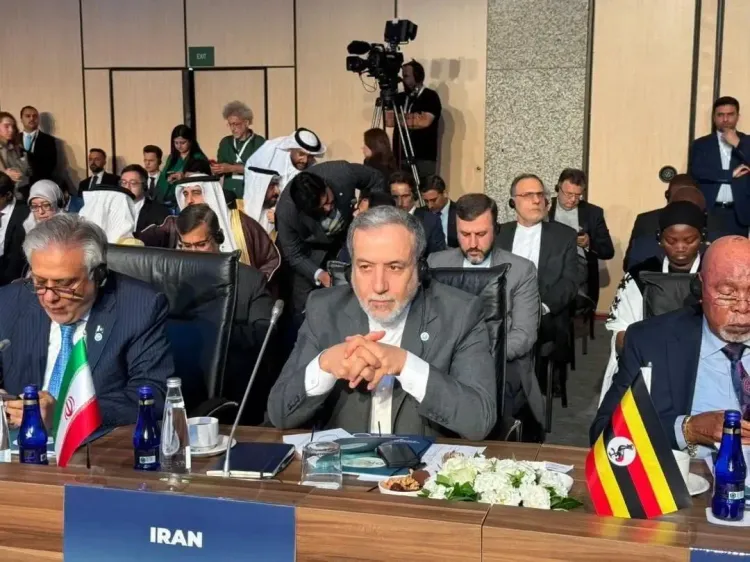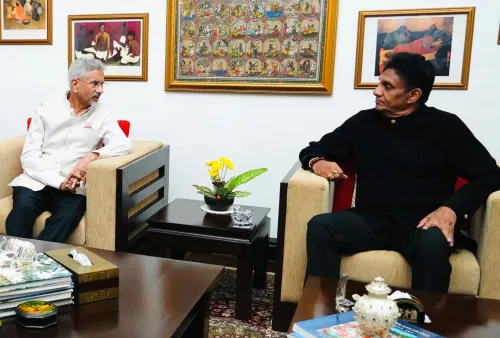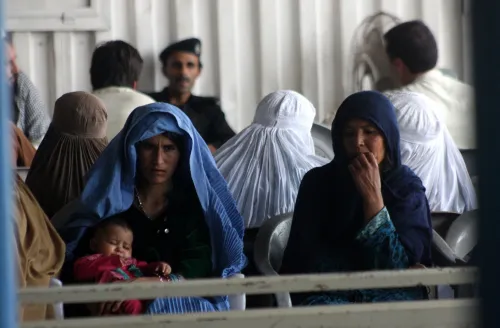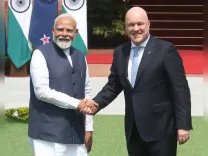Could an Agreement be Possible Through Indirect Talks with the US?

Synopsis
Key Takeaways
- Indirect negotiations may facilitate a potential agreement between Iran and the US.
- Iran insists on the peaceful nature of its nuclear program.
- The 400 kg stockpile of enriched uranium remains untouched.
- The US and Israel's military actions have complicated diplomatic efforts.
- Both sides have firm positions on non-negotiable issues.
Tehran, Nov 2 (NationPress) Iranian Foreign Minister Seyed Abbas Araghchi has stated that Tehran is not keen on engaging in direct discussions with Washington, yet an agreement could be possible through indirect talks.
In a recent interview with Qatar's Al Jazeera aired on Saturday, Araghchi conveyed Iran's willingness to enter negotiations to address global concerns regarding its nuclear program, as reported by the Xinhua news agency.
"We have no intention of participating in direct negotiations with Washington, but we believe an agreement can be reached through indirect channels," he remarked.
Reaffirming the peaceful intentions of its nuclear program, Araghchi emphasized that Iran's uranium enrichment activities will not cease, stating, "What could not be accomplished through war cannot be achieved through politics."
He mentioned that Iran's 400 kg stockpile of 60 percent enriched uranium remains buried beneath the remnants of its bombed nuclear facilities and has not been relocated.
"We have endured significant damage to our nuclear facilities, both in structural integrity and equipment, yet our technology remains unscathed," he referred to the US airstrikes on Iran's Natanz, Fordow, and Isfahan facilities on June 22.
Previously, Iran and the United States had engaged in five rounds of indirect discussions concerning Tehran's nuclear program and the lifting of US sanctions before Israel launched unexpected airstrikes on various locations in Iran in June, with US forces later joining the bombardment.
In recent months, the United States has persistently urged Iran to cease its uranium enrichment activities on Iranian soil and to limit its missile development program. Iran has firmly rejected these demands, labeling both topics as non-negotiable.










